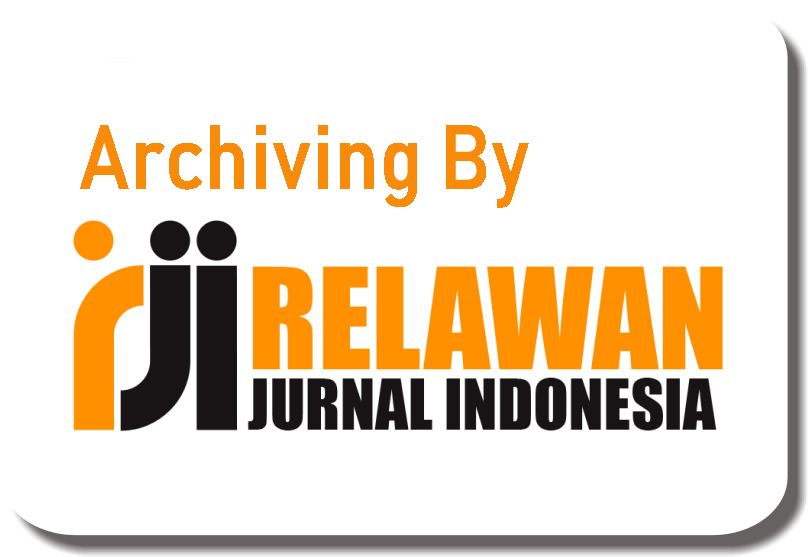Abstract
An essential component of learning is assessment. To make decisions about any component of learning, assessment is required. Assessment is used, for instance, to evaluate the effectiveness of a learning process and to ascertain whether target learners are eligible to move on to the next educational level. Assessments are frequently used for diagnostic purposes, or to identify the learning challenges that pupils are facing. A diagnostic assessment can be used to guide particular actions that will enhance learning results. Assessment is also used by teachers to assess the prepared learning design and determine how successful the design is. How to evaluate student learning outcomes is a common query about realistic mathematics education (RME). Does RME evaluation vary from other forms of assessment? Maybe people just view evaluation as the last phase of a learning process that takes place at the end of a specific amount of time and determines how well pupils have understood the material in mathematics. People perceive RME differently from learning methodologies that have been used in schools, therefore this question makes a lot of sense. RME necessitates distinct ways of assessment because of three things: philosophy, principles, and characteristics. According to RME philosophy, mathematics is a human activity. Three guiding ideas of RME are self-model development, didactic phenomena, and re-invention. The assessment ought to be in line with this principle as well. The five aspects of RME—the utilization of context, models, student contributions, interactivity, and intertwine—must also be discussed during the evaluation. In this essay, I will go into further detail on RME assessment, including its features, some problem instances, student work analysis, and scoring
Keywords
Assessment, Mathematics Learning, Elementary Education RME
References
De Lange, J. (1987). Disertasi Doktor “Matematika, Wawasan dan Makna” , Institut Freudenthal.
De Lange, J. (1994). “Perubahan kurikulum: perspektif Amerika-Belanda” Dalam DF Robitaille, DH Wheeler, & C. Kieran (Eds.), Ceramah terpilih dari Kongres Internasional ke-7 tentang Pendidikan Matematika , Sainte-Foy, Quebec: Le Presses De L'Universite Laval.
De Lange, J. (1995). Penilaian: Tidak ada perubahan tanpa masalah. Dalam T. Romberg (ed.) Reformasi dalam matematika sekolah dan penilaian autentik . Albany NY: State Univeristy of New York Press.
De Lange, J. (1996). “ Menggunakan dan menerapkan matematika dalam pendidikan” Dalam AJ Bishop, dkk. (Eds.), Buku Pegangan Internasional Pendidikan Matematika . Kluwer, 49 – 97.
De Lange (1999). Kerangka kerja untuk penilaian kelas dalam matematika . Utrecht: Freudenthal Institute & National Center for Improving Student Learning and achievement in Mathematics and Science.
Gravemeijer, KPE (1994). “Mengembangkan pendidikan matematika yang realistis” Disertasi Doktor , Institut Freudenthal.




